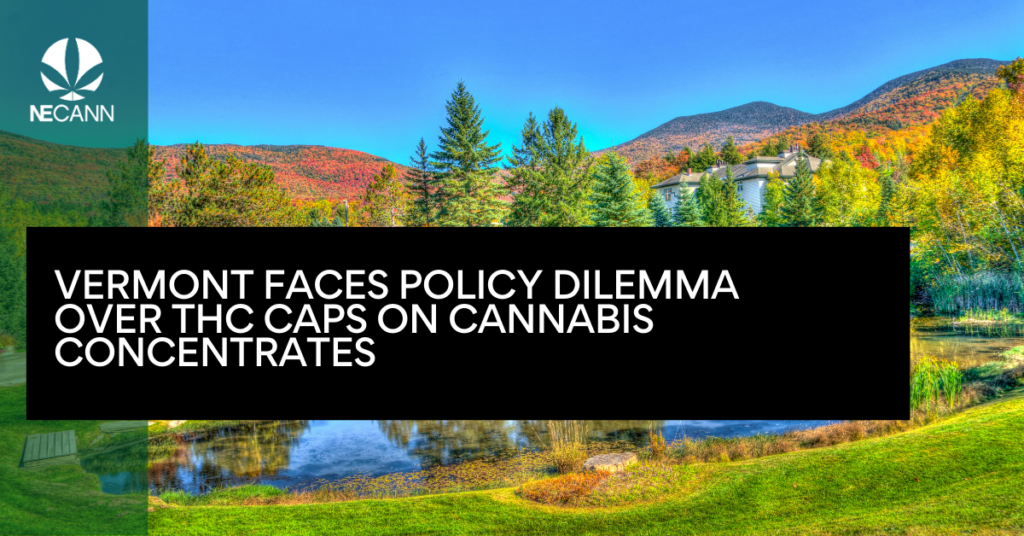As the cannabis landscape in the United States undergoes dynamic shifts with legalization for both adult and medical use, Vermont stands at the forefront of a heated policy debate surrounding THC potency caps on cannabis concentrates. While cannabis regulators push for the removal of the 60% THC potency cap, a recent report from the Vermont Department of Health advises retaining the cap, citing potential public health implications associated with high-potency products.
The debate takes a nuanced turn as regulators reference practices in states like Washington and Colorado, emphasizing consumer education and daily purchase limits over rigid potency restrictions. However, the Vermont Department of Health, in a report submitted to policymakers, supports the retention of potency caps, with the Substance Misuse Prevention Oversight and Advisory Council (SMPC) highlighting negative public health implications linked to high-potency THC products.
“The SMPC supports the potency cap for cannabis concentrates due to the negative public health implications of high potency THC products,” states the report. Key concerns include accidental cannabis ingestion by children and potential links between high-potency cannabis and psychosis, as suggested by various studies.
The report underscores an increase in cannabis use among young adults, comparing survey data from 2017 and 2018 to more recent figures from 2020 and 2022. However, it is essential to approach these findings with caution, considering differences in survey framing criteria and potential influences of the legal status of cannabis on survey responses.



